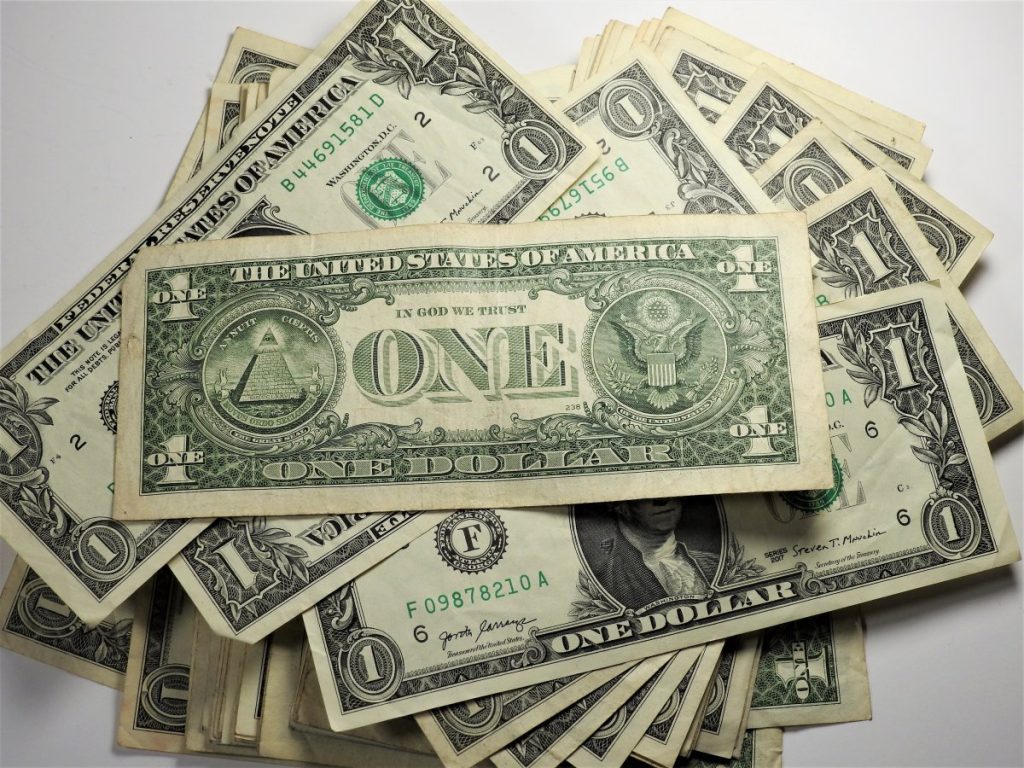On Monday, a survey conducted among a group of business economists revealed that the Federal Reserve would likely make only minimal strides in its battle against inflation through the rest of the current year. Despite this, the Federal Reserve is anticipated to keep the benchmark interest rates at a 16-year high.

According to a survey conducted by the National Association for Business Economics, 45 economists predicted that the median forecast for inflation this year would reach an average of 4.2%, which is higher than the previous prediction of 3.9% that was made in February. This rate of inflation is significantly higher than the Federal Reserve’s target inflation rate of 2%.
The findings reflect a survey of economists from businesses, trade associations and academia.
The economists’ expectation that the Federal Reserve will maintain its benchmark interest rate at around 5.1% is heavily influenced by the continued high levels of inflation.
This rate is the highest it has been in 16 years and is expected to persist, as reflected by the findings of the survey conducted by the National Association for Business Economics. The survey indicates that economists do not anticipate the Fed lowering interest rates later this year, which is in contrast to the expectations of many investors on Wall Street who have already factored in rate cuts.
Earlier this month, the Federal Reserve officials had agreed to raise their key rate to the current level of 5.1%. However, in a recent statement, Fed Chair Jerome Powell indicated that the central bank is likely to halt its rate hike campaign.

The numerous rate increases implemented by the Fed since March 2022 have resulted in almost doubling mortgage rates, increased the cost of borrowing for auto loans, credit cards, and business loans. Additionally, these hikes have elevated the risk of the economy falling into a recession.
The business economists predict that the US economy will only grow at a mediocre rate of 1.2% this year, which is higher than the 0.8% growth that was predicted in the NABE’s earlier survey in February.
Despite the expected growth, nearly 60% of the survey respondents anticipate that the economy will fall into a recession within the next 12 months. Most who expect a recession foresee it occurring this year.
